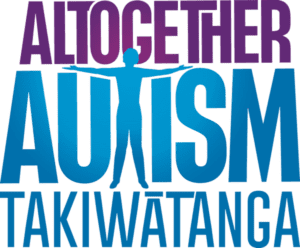
This article was written by Chris Peters and originally appeared in the Winter 2018 edition of ‘Hearing Matters’ from the National Foundation for the Deaf.
It’s like going into training – to get the best out of your hearing devices you need to prepare, you need to practise and you need to be realistic.
Hearing therapist Tracy Henderson says people getting hearing aids for the first time need to have the right attitude.
“They often find the sound they’re hearing is quite different to what they expected,” she says.
“Often that’s because they haven’t heard well for quite a while and it’s going to take time to adjust. It’s important they have realistic expectations.”
The Invercargill-based Life Unlimited hearing therapist works extensively with people adapting to new hearing devices and says that success often comes down to perseverance and attitude.
Modern hearing devices are so discrete they are hard to see.
“I tell people their brain is part of the hearing system, not just their ears, and they need to let it get used to the sound it’s getting from the new devices,” she says.
“It takes practice. We can’t expect our brains to jump into difficult listening environments if we don’t practise in easy ones. It’s all about taking it in easy steps.”
Tracy says key points hearing aid users should keep in mind as they adapt to their new devices include:
- Don’t compare yourself with anyone else – it’s about your journey not someone else’s
- Keep moving forward – if you wear your new devices for an hour today, wear them for an hour and a half tomorrow
- Have realistic expectations about what you’re going to achieve, especially in the early stages – you have to adjust to the hearing aids just as they have to be adjusted to your hearing
- Don’t expect instant results – it’s not like getting spectacles
- Have an open dialogue with your audiologist and give them feedback – they can’t hear what you’re hearing so help them help you
The other element new wearers of hearing devices must learn is self-belief.
“Modern hearing devices are so discrete they are hard to see, but some people are very conscious of their hearing aids,” she says.
“They feel embarrassed wearing them, but they might also feel embarrassed if they get something wrong because they haven’t heard properly.”
Tracy says people wearing hearing devices for the first time can have difficulty in three areas:
- Dealing with management tasks like changing batteries and filters and fitting the aids each day – ask for help from a family member or from a hearing therapist
- Not wearing their devices at home then putting them in and expecting to hear well when they go out into difficult listening situations
- Not going back to the audiologist when things aren’t right
“It’s important to get the focus right,” she says.
“Be kind to your brain – relax and give it time to adjust. We need to focus not just on the sound, but on the hearing.”





